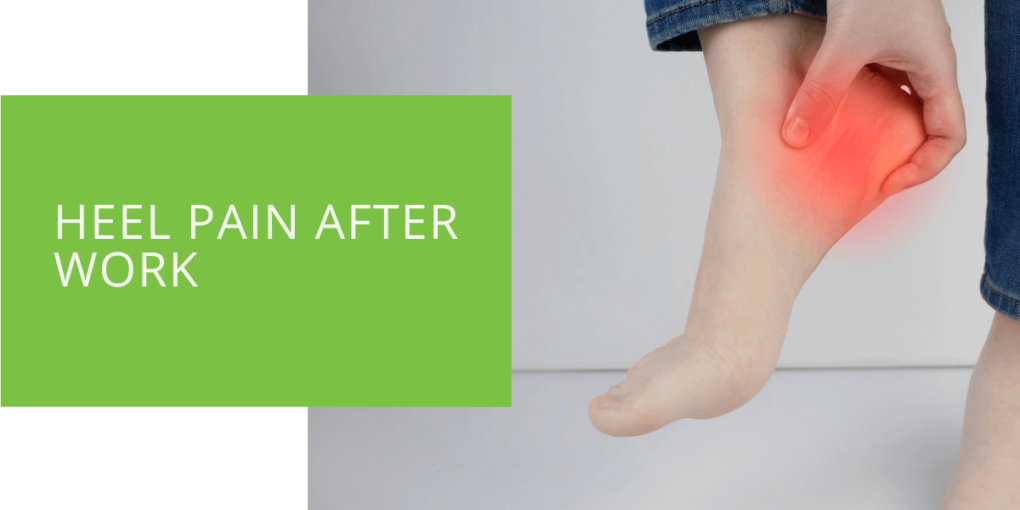Suffering from Heel Pain After Work? Here’s What You Can Do
If you're reading this, chances are you've experienced the frustration of heel pain after a long day at work. Heel pain can range from a minor annoyance to a debilitating condition that interferes with daily activities. This article will delve into the common causes of heel pain and provide tips for finding relief and preventing future discomfort.
Understanding the Causes of Heel Pain
Heel pain is a common foot complaint, and various factors can cause it. Here are some of the most common causes of heel pain:
Overuse Injuries
One of the most common causes of heel pain is overuse injuries, which occur when the feet are subjected to repetitive stress or impact. This can happen when you stand for long periods, walk or run on hard surfaces, or wear shoes that don't provide sufficient support. Overuse injuries can lead to conditions like plantar fasciitis, a painful inflammation of the plantar fascia – the band of tissue that runs across the bottom of the foot.
Structural Issues
Another possible cause of heel pain is structural issues, such as flat feet or high arches. These foot types can strain the heels, leading to pain and discomfort. Some structural issues can be corrected using orthotics or special shoes.
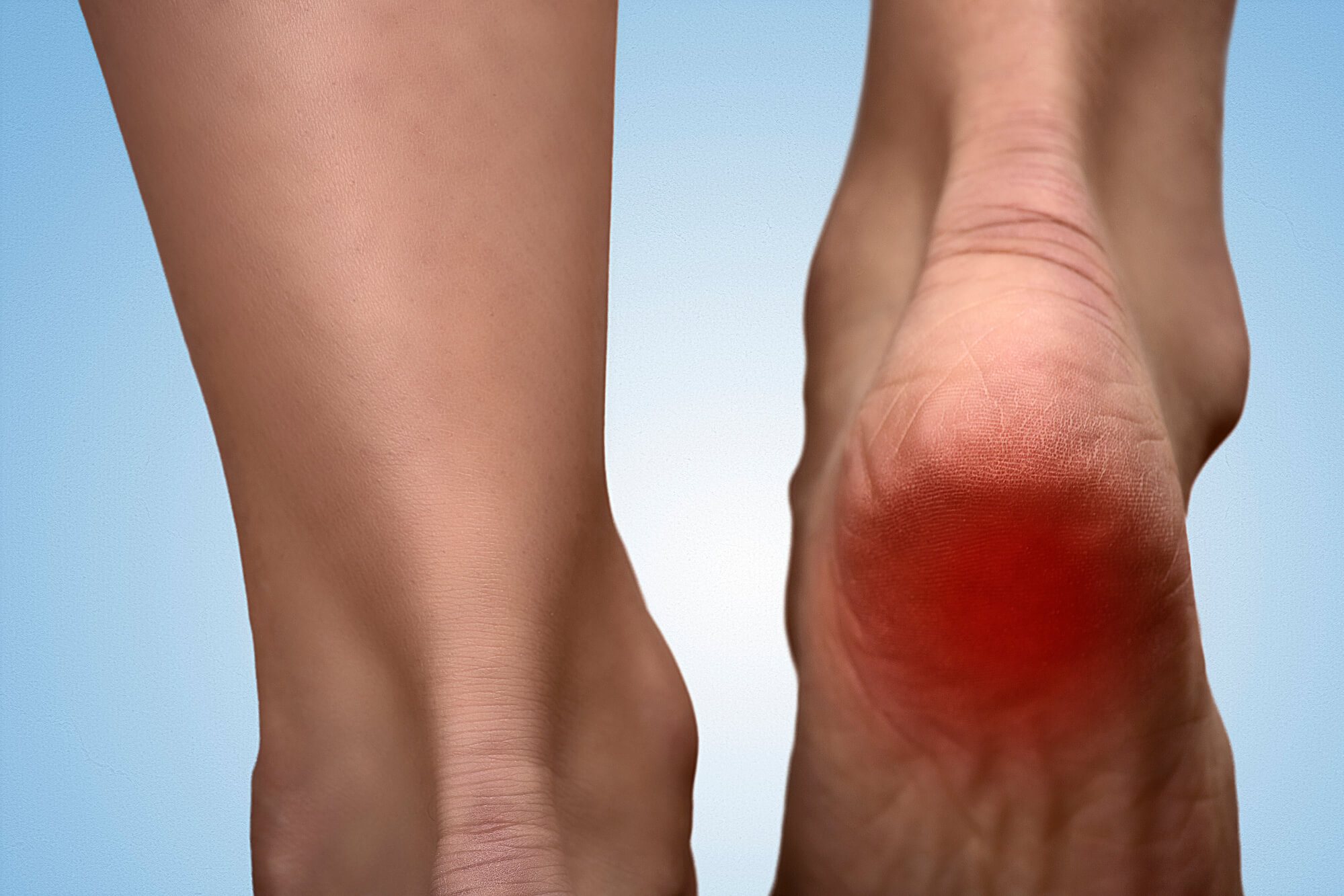
Other Possible Causes
There are many other possible causes of heel pain, including nerve irritation, bone spurs, and even certain medical conditions like diabetes or rheumatoid arthritis. If your heel pain persists or is accompanied by other symptoms, it's a good idea to consult a podiatrist – a medical professional who specializes in the treatment of foot and ankle conditions.
Finding Relief for Heel Pain
If you're suffering from heel pain, there are several steps you can take to find relief. Here are a few options to consider:
At-Home Remedies
Several at-home remedies can help to reduce heel pain and inflammation. These include:
- Rest: Taking a break from activities that strain your heels can help reduce pain and inflammation.
- Ice: Applying ice to the affected area for 15-20 minutes several times a day can help to reduce swelling and numb the pain.
- Stretching: Gently stretching the muscles in your feet and ankles can help to relieve tension and improve flexibility.
- Over-the-counter pain medication: Nonsteroidal anti-inflammatory drugs (NSAIDs) like ibuprofen can help to reduce pain and inflammation.
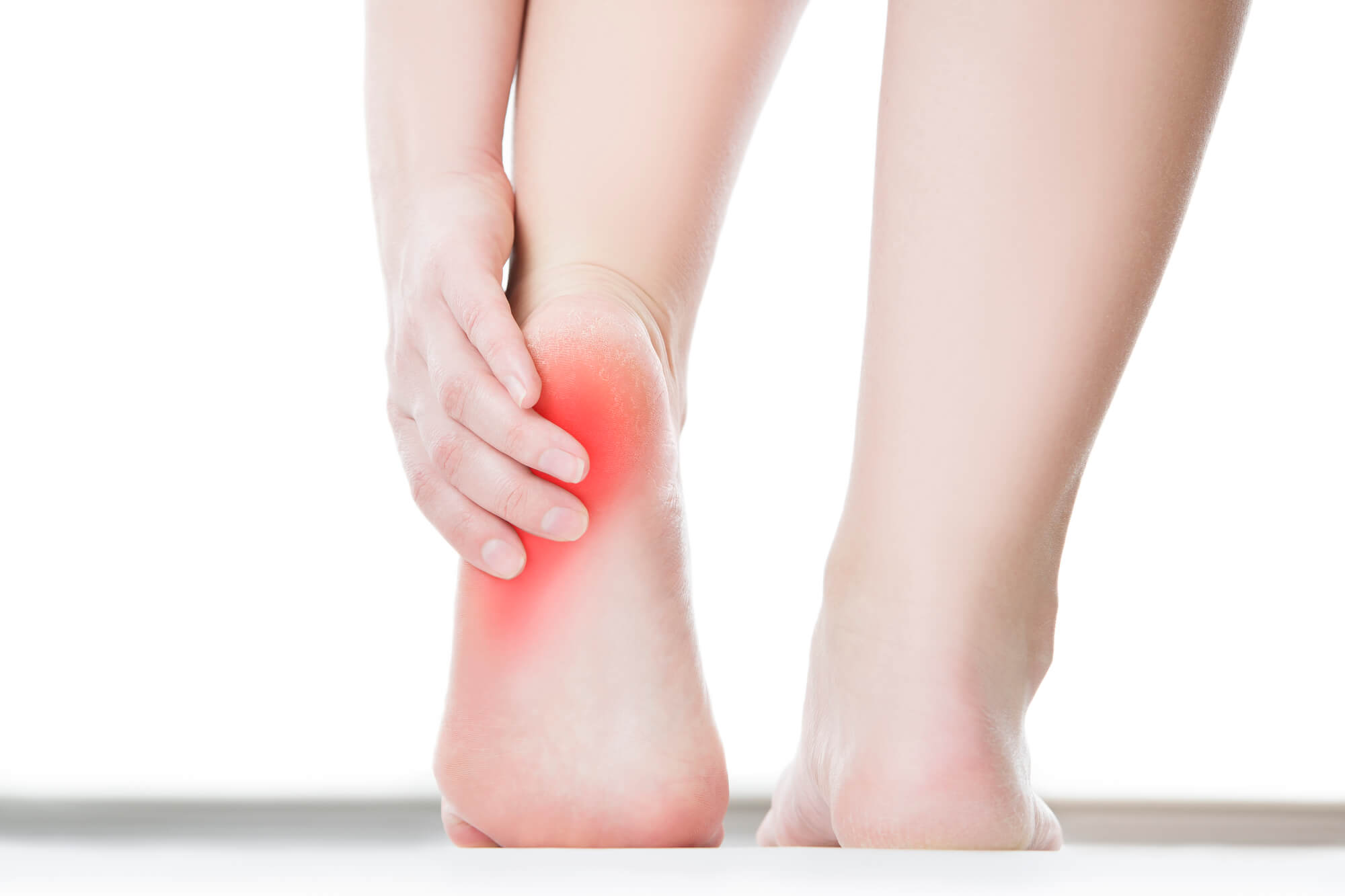
Seeking Professional Treatment
If at-home remedies aren't enough to relieve your heel pain or severe pain, it may be time to seek professional treatment. A podiatrist can help to diagnose the cause of your heel pain and develop a treatment plan that may include:
- Custom orthotics: Custom orthotics are special inserts designed to provide support and alignment for your feet. They can be especially helpful for people with structural issues like flat feet or high arches.
- Physical therapy: Physical therapy can help to strengthen the muscles in your feet and ankles, improving your overall foot health and reducing the risk of future heel pain.
- Medications: In some cases, your podiatrist may prescribe medications to help reduce pain and inflammation.
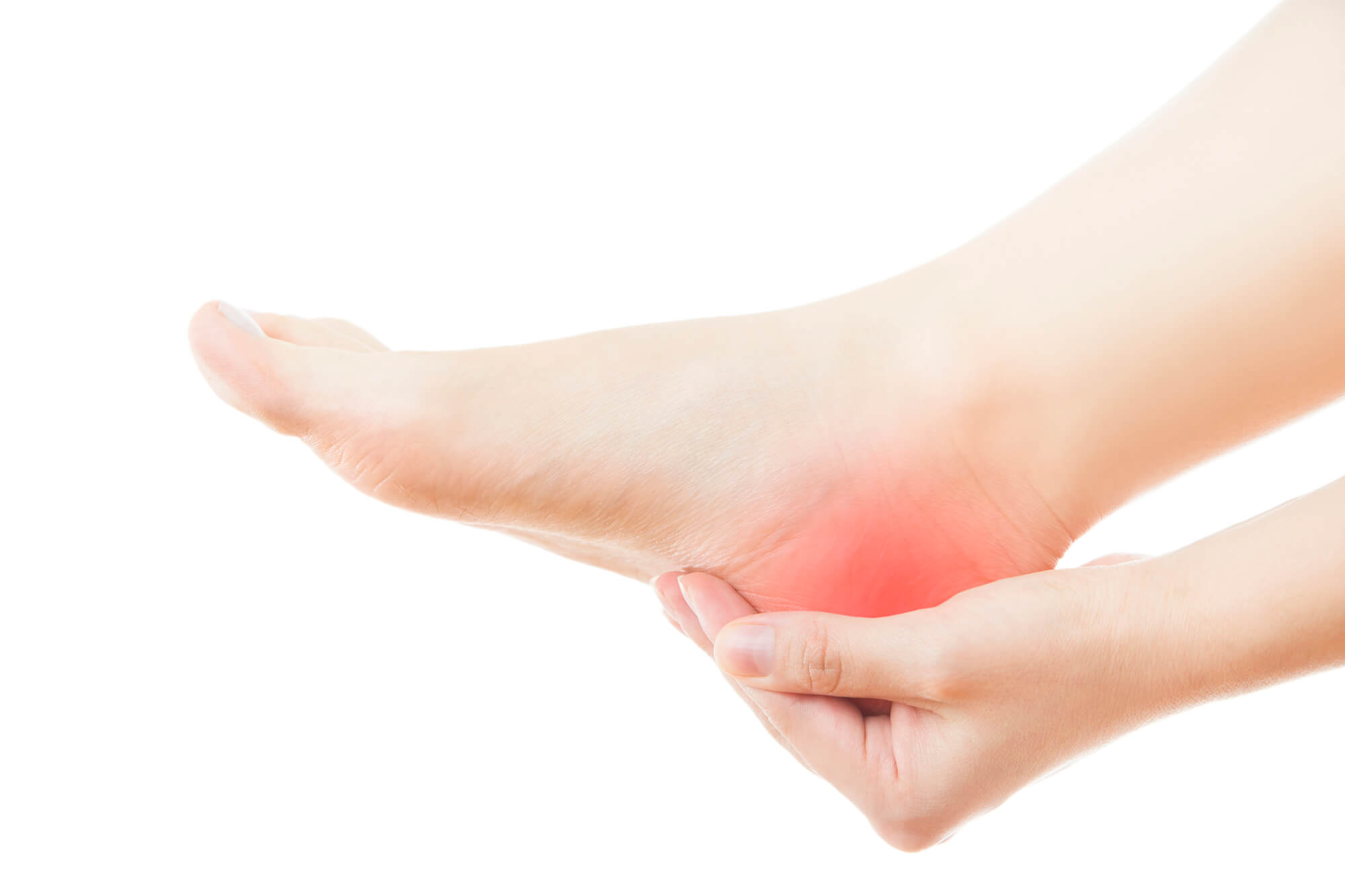
Preventing Future Heel Pain
While it's not always possible to prevent heel pain entirely, there are steps you can take to reduce your risk. These include:
Maintaining a Healthy Weight
Carrying extra weight puts extra strain on your heels, so maintaining a healthy weight can help to reduce your risk of heel pain.
Wearing Proper Footwear
Wearing shoes that fit well and provide adequate support is crucial for preventing heel pain. Look for shoes with a low heel and good arch support, and avoid shoes with thin soles or high heels. If you work in a job that requires you to stand for long periods, consider investing in a pair of shoes specifically designed for standing on hard surfaces.
Stretching and Strengthening Exercises
Stretching and strengthening the muscles in your feet and ankles can help to improve your overall foot health and reduce the risk of heel pain. You can do many simple exercises at home to improve your foot strength, including toe curls, calf raises, and ankle rotations.
Taking Regular Breaks
If your job requires you to stand or walk for long periods, it's important to take regular breaks to give your feet a rest. Even a few minutes of sitting or elevating your feet can help to reduce the strain on your heels.
Conclusion
Heel pain can be a frustrating and debilitating condition, but there are steps you can take to find relief and prevent future discomfort. From at-home remedies to professional treatment, options are available to help you get your feet back on track. Don't let heel pain slow you down – take control of your foot health today.
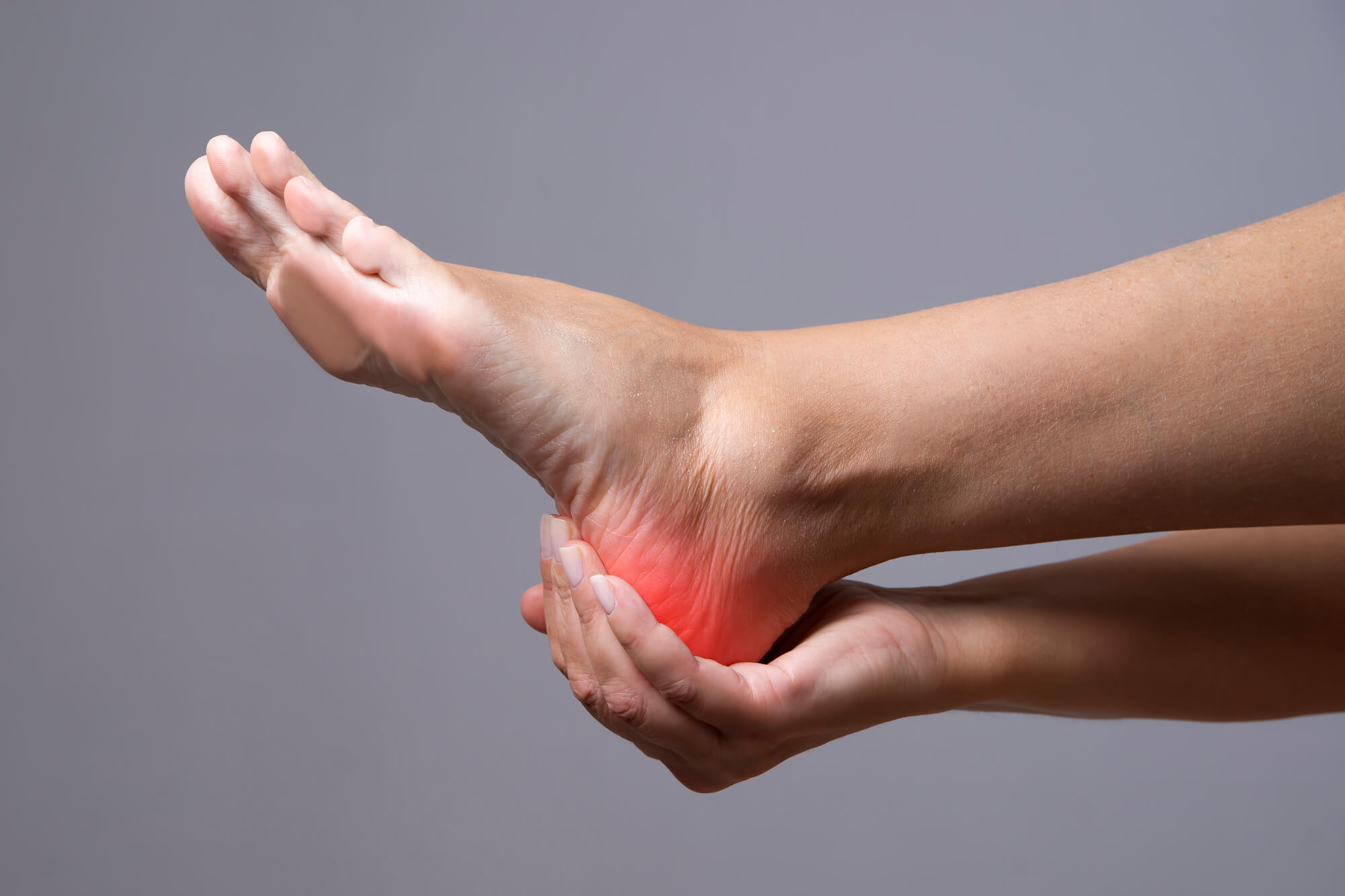
FAQ
Why does my heel hurt after work?
There could be several reasons why your heel is hurting after work. It could be due to overuse injuries from standing or walking for long periods, structural issues like flat feet or high arches, or even certain medical conditions. It's important to treat the cause of your heel pain properly.
How do I stop my heels from hurting after work?
There are several steps you can take to prevent heel pain after work. These include wearing shoes that fit well and provide adequate support, maintaining a healthy weight, and taking regular breaks to rest your feet. Stretching and strengthening exercises can also help to improve the overall health of your feet.
What is the fastest way to fix heel pain?
The fastest way to fix heel pain will depend on the underlying cause of the pain. In some cases, taking a break from activities that strain your heels and applying ice to the affected area can help reduce pain and inflammation. Over-the-counter pain medication and stretching exercises may also provide some relief. If your heel pain persists or is severe, it's important to consult a podiatrist for a proper diagnosis and treatment plan.
What causes your heel to hurt all of a sudden?
There are many possible causes of sudden heel pain. It could be due to an overuse injury, a structural issue, or even a medical condition. If your heel pain is suddenly severe, it's important to consult a medical professional for a proper diagnosis and treatment plan.
Why do my heels hurt after standing at work?
If you work in a job that requires you to stand for long periods, it's possible that this could be causing your heel pain. Standing for long periods can put extra strain on your heels, leading to pain and discomfort. Wearing shoes that fit well and provide adequate support, taking regular breaks to rest your feet, and stretching and strengthening exercises can help prevent heel pain after standing at work. If your heel pain persists, it's a good idea to consult a podiatrist for a proper diagnosis and treatment plan.

